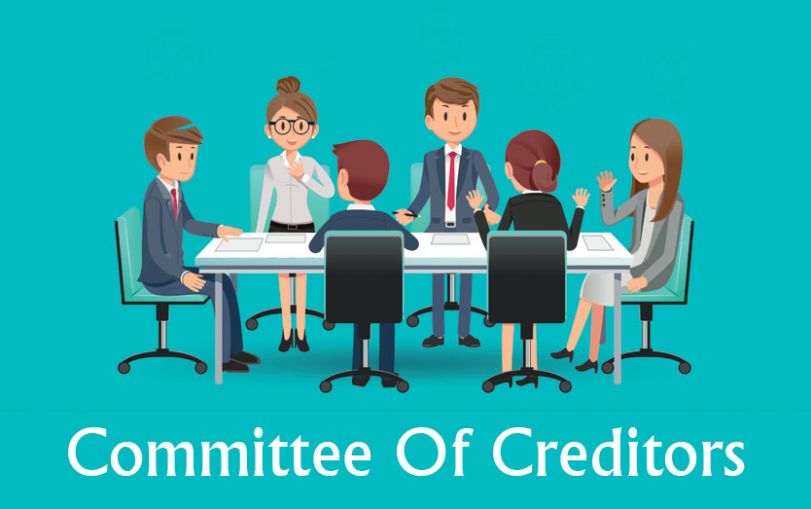Posts Tagged ‘IP’
Insolvency Service adjusts IVA payment rules
The Insolvency Service is to overhaul the Individual Voluntary Arrangement (IVA) regime in the wake of the cost of living crisis. Individual Voluntary Arrangements are legally binding court-approved agreements that people make to pay all or part of the debts they owe. An IVA is a statutory insolvency procedure managed by an insolvency practitioner…
Read MoreDark Side of Liquidation
When a limited company enters liquidation, for whatever reason, revenue from the sale of the company’s assets is redistributed amongst creditors and shareholders in order of priority. The director’s powers cease and an insolvency practitioner (IP) takes over managing the company’s affairs. The director no longer has any control over the company or its…
Read MoreTips for bankrupts and bankruptcy in 2021
Considering the state of the UK economy, it should come as no great surprise if there’s an increase in the number of bankrupts and bankruptcy procedures in 2021. In the vast majority of cases, the main causes of bankruptcy are: Loan defaults Unemployment Business failures A downward trend in the economy If you have…
Read MoreBusiness rescue advice: administration vs CVL
When directors resolve not to rescue an insolvent company, an insolvency practitioner (IP) may recommend placing the company into administration. However, in many instances a creditors’ voluntary liquidation (CVL) would be a more suitable insolvency procedure. Whereas companies remain in administration for at least 12 months, CVLs usually take less time and therefore incur fewer…
Read MoreBenefits of a creditors’ committee
Creditors in a statutory insolvency procedure should establish a creditors’ committee if they want to influence proceedings, set the basis for the insolvency practitioner’s fees, and increase dividends for the general body of creditors. A creditors’ committee consists of 3 to 5 people who are responsible for setting the basis of the insolvency practitioner (IP)’s…
Read MoreUnderstanding your insolvency practitioner (IP) Part 2
It’s fair to say the laws surrounding the insolvency regime were written largely by and for insolvency practitioners (IPs). The legislation governing insolvencies throughout England and Wales came into force with the passing of the Insolvency Act 1986. These laws were updated 30 years later with the enactment of the Insolvency Rules 2016. The 2016…
Read More




